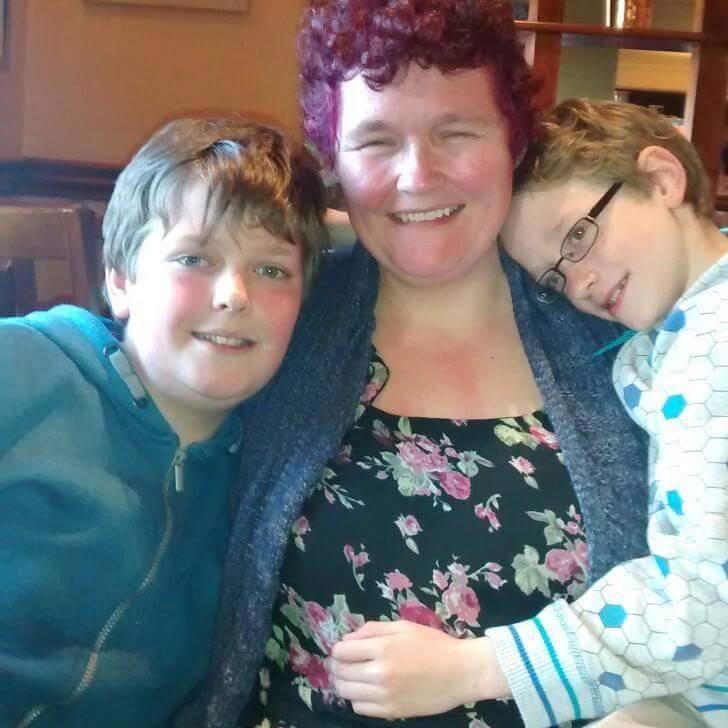“Why is nobody listening? Why is nobody understanding? Perhaps it’s too simple and so fundamental no one believes we’re asking for it.”
These are the words of Bob Abrahart, the 67-year-old father of Natasha, a university student who tragically took her own life while studying at the University of Bristol in 2018. A member of Lived Experience for Action Right Now (the LEARN Network), he is campaigning alongside #ForThe100 for universities to have a legal duty of care.
Bob believes the whole campaign comes down to a fundamental concept: people should be cared about.
The LEARN Network and #ForThe100 are two campaign groups, set up by bereaved families, fighting for the introduction of a statutory duty of care to be made a legal requirement in higher education.
Their joint petition has received more than 128,000 signatures and debated at Westminster Hall on June 5.
The campaign groups estimate 100 university students a year take their own lives, with an estimated 319 in the period between 2017-2020 in England and Wales according to a Freedom of Information request.
Duty of care is defined by #ForThe100 as protecting students from reasonably foreseeable harm, caused either by direct injury or failing to act. It is already in place in employment law in the UK.
Natasha’s story
“We discovered after Natasha’s death that, in a second-year physics module, the students had interviews. All we know from the first one-on-one interview is that she ran out of the room,” Bob, a former university lecturer said. “We have never had any more detail on exactly what happened. That was followed by another failed attempt at an interview. We don’t know what happened there either.
“Natasha was diagnosed as having social anxiety disorder. At home and amongst her friends, you wouldn’t have noticed it. It’s only when she was put in some stressful, performance situation such as a one-on-one presentation in class, when she went shopping, when she went out for a meal, that’s when it caused a problem.
“She only managed to be marked on two laboratory assessments. One at the beginning, which she ran out of and one just before she died. That did not go well either. For the rest, she just got zeroes because they failed to address the problem. Did they fail her? The judge ruled they caused her death. So yes.”
20-year-old Natasha took her own life on the day she was expected to participate in an oral presentation which would have taken place in front of 40 staff and students.
“They should not have subjected her to six months of non-stop, that was in effect for her, torture. It is this torture which caused her to become depressed and it’s the depression that led to the suicide and they still did nothing. They carried on regardless.
“So why did they? The answer is that they didn’t have to stop.”
A civil court ruled that the University of Bristol failed to make reasonable adjustments for Natasha under the Equality Act 2010 and the Abrahart family won £50,000 in damages.
However, the judge refused to accept that the university was negligent under a duty of care – because Bristol University successfully argued that none existed.
Natasha’s father argues that if a duty of care had existed, the university wouldn’t have subjected her to the distress associated with the oral assessments that she was struggling with.

“Natasha was a wonderful daughter. She was methodical in everything she did,” the former associate professor at the University of Nottingham said. “She loved computer programming and was musical. She played piano and cello.
“She had one thing holding her back: her social anxiety disorder.”
The Abrahart family are prepared to go all the way to the Supreme Court, if that is required, to get justice for Natasha. This could take up to ten years and they believe other families should not have to go through the same process.
The University of Bristol declined to comment on the matter.
UUK response
Professor Steve West CBE, the President of Universities UK and Vice-Chancellor of UWE Bristol said every life lost to suicide is a tragedy but “although universities are investing in student support and developing partnerships with NHS services, their primary role is as settings for adult learning not health care.”
“We do not believe the proposed additional statutory duty of care, beyond the existing duties that already apply to universities, would be practical, proportionate, or the best approach to supporting students.
“We question whether a compliance-led approach will drive the cultural changes needed to promote awareness and disclosure, conversations, and co-production – all of which are needed to act on prevention and early intervention.
“We continue to work with the government, and its Student Support Champion Professor Edward Peck, on proposals to improve outcomes for students.”
Government response
In response to the petition, the Government released a statement that says higher education providers already have a general duty of care.
“This can be summed up as providers owing a duty of care to not cause harm to their students through the university’s own actions.
“Over the last decade, higher education providers have devoted considerable resources to their student support services, and a good deal of support is now widely provided to students who struggle with their mental health.”
They point to Office for National Statistics data that shows a significantly lower rate of suicide in Higher Education students compared to other people of similiar age.
Looking forward
#ForThe100 and Learn Network met with MPs in Parliament after handing in their petition to Downing Street last month.
Bob said the debate in Westminster Hall in June will need backing from them in order to get promoted through to the House of Commons.
“I think people are starting to understand that we’re not going anywhere. We’re only going forward.”
You can find out more about The Learn Network here and #ForThe100’s campaign here.




